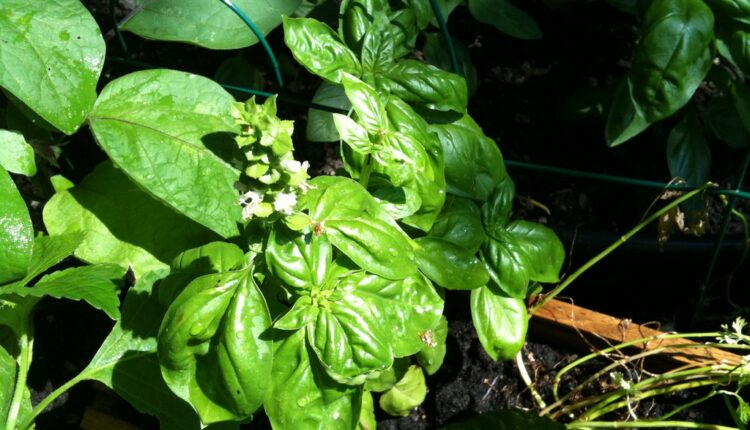Amid growing concerns about the world’s ability to produce enough food for a planet ravaged by climate change. Genome editing has been touted as a potential solution. However, the existing outdated patent system threatens to stifle this potential and increase the power of multinationals.
For more than 10 years, scientists at the Swiss-based Syngenta Group worked to develop a variety of cabbage resistant to pests. Capable of being grown in hot, dry climates, and requiring less nitrogen to grow, with the consequent benefit what this means for the earth. This vegetable, the size of a basketball, was also created to be produced very close to the surface of the earth, in order to facilitate the work of farmers.
On display at Syngenta’s annual showcase of the latest innovations last fall, this “weather-resistant” cabbage joined other novelty designer vegetables. Such as “rust-resistant” green beans, so-called snow peas. or “hamburger leaf” lettuce, which stays crisp and fresh even after being flattened by a hot burger and bun.
But ag-tech firms like Syngenta, now owned by China’s state-owned ChemChina. No longer see the need to spend years developing new vegetable varieties using conventional farming methods. Which involve crossing two plants over several generations. Now they prefer to use technological systems such as CRISPR-Cas9. Which includes a genome editing tool that allows the DNA of vegetables and other crops to be altered. Adding beneficial traits and eliminating undesirable ones, to obtain exactly the product they want. A technology that could reduce the production time of new varieties by up to 75%.
Patenting of genome
“Genome editing has great future potential in terms of the production of seeds that we can develop,” Charlie Baxter, head of global seed traits said. To feed a growing planet and we want to do it sustainably, we will need new technologies.”
Although an initial public offering (IPO) on the Shanghai Stock Exchange is underway, the company has been quiet about its plans. But a spokesman told SWI that the group is investing in genome-editing technology in countries such as the United States and China to change nutritional content, increase yields and improve resistance to pests and diseases in multiple crops.
With each new trait created. Syngenta and many other major seed companies accumulate patents. Giving them the right to exclude anyone else from reproducing, using, selling or distributing their invention. A type of development that sparks red flags among many plant breeding experts. And farmers’ rights activists because they fear it will destroy the global seed market. By shutting out small players and nullifying innovation efforts.
Also Read: Natural farming reduced the cost and increased profit for this farmer of Andhra Pradesh
The rise of patents
If technology advances and more governments allow genome editing. 50% of new seed varieties commercialized in the world will have at least one genome-edited trait in the next 20 years. Anticipates Michael Kock, patent attorney and former patent officer. of Syngenta’s intellectual property area for almost a decade. All seeds with these characteristics would be covered by a patent.
In fact, genome editing has already led to an exponential increase in the number of patents despite the fact that only two genome-edited food products have been brought to market. A soybean oil and tomato. Kock estimates that half of all international plant patent applications filed in 2021 involved aspects of genome editing.
According to IPS tudies-Centredoc, a Swiss-based patent analysis firm. The world went from 21 plant patent families using the CRISP system with invention patents in 2012. To more than 2,000 by 2021. Within each patent family, there may be dozens of patents operating in various countries. Most are in China and the United States, but there are another 700 scattered in other countries.
a chilling effect
A radical change that will have profound implications for the future of the food we eat because it means that any new trait. Such as resistance to drought or leaf size, can be patented as long as the genetic change does not already exist in nature. As genome editing enables more precise changes to a plant’s genome, the number of new traits will increase.
And it’s not just traits that can be patented. New breeding methods, genetic sequences. And in some cases even products such as beer made from genome-edited barley, will be patentable. The breeding of new plants may also be covered by other forms of intellectual property protection.
Contact us:
If farmers want to share information or experiences related to farming with us, then they can do this by calling us on the phone number 9599273766 or by writing an email to kisanofindia.mail@gmail.com or by sending your recording. Through Kisan of India, we will convey your message to the people, because we believe that if the farmers are advanced then the country is happy.

